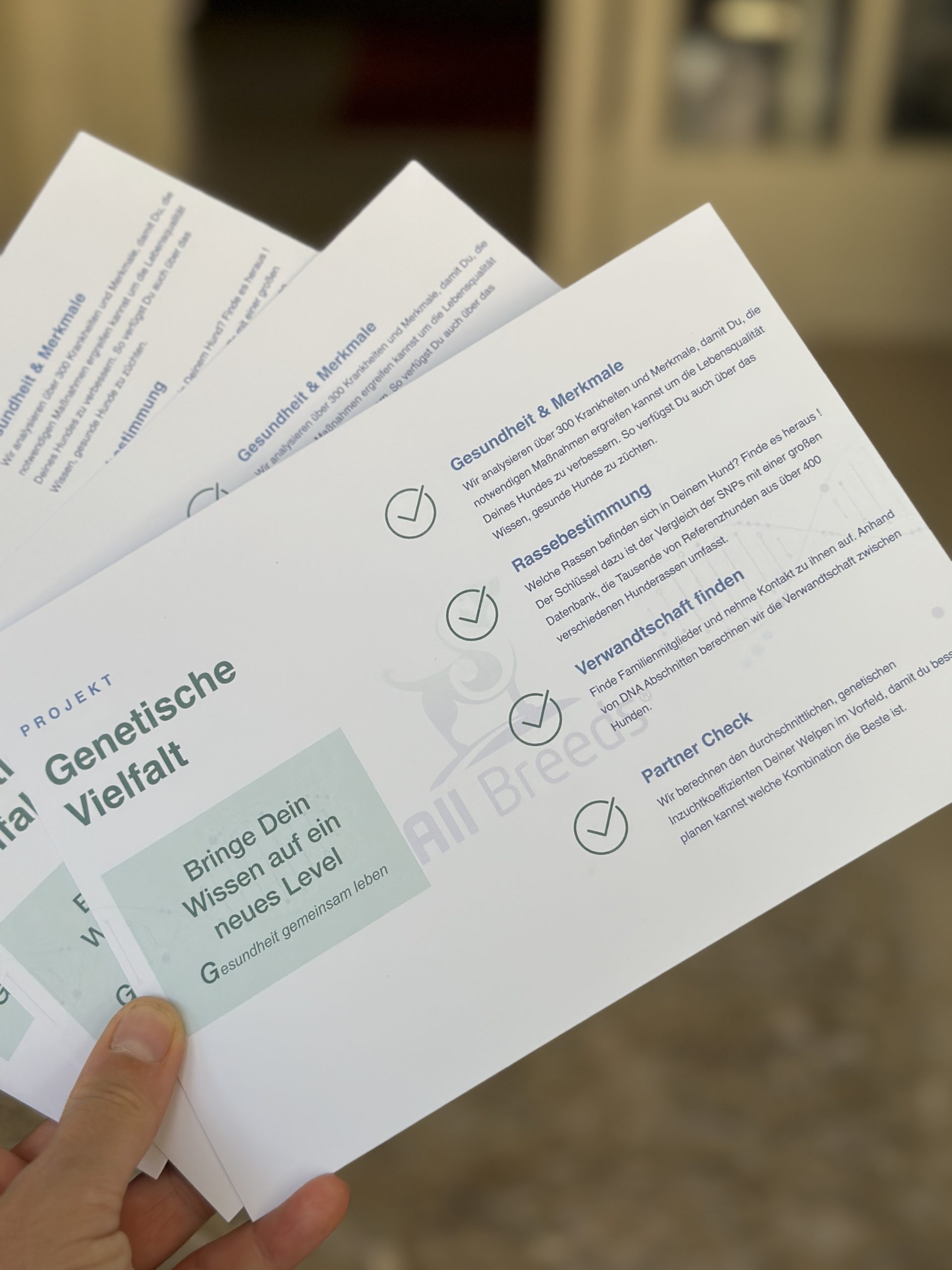Understanding Early Onset Adult Deafness in Rhodesian Ridgebacks: A Genetic Condition
Rhodesian Ridgebacks, known for their distinctive ridge of hair along their back, are a beloved breed of dog. However, like many purebred dogs, they are susceptible to certain genetic conditions. One such condition is early onset adult deafness, which can have a significant impact on both the dogs and their owners. In this article, we will delve into the details of this condition, exploring what it entails and the genetic causes behind it.
What is Early Onset Adult Deafness in Rhodesian Ridgebacks?
Early onset adult deafness refers to the loss of hearing that occurs during a Ridgeback’s early adulthood, typically between the ages of one and three years. This condition is not present at birth but develops gradually over time. Owners may notice that their dog becomes less responsive to auditory cues or shows signs of confusion or disorientation. It is essential to note that early onset adult deafness is not exclusive to Rhodesian Ridgebacks, but it is more prevalent in this breed compared to others.
Deafness can be a challenging condition for dogs to cope with, as it limits their ability to communicate and interact with their environment. Furthermore, it can also pose potential safety risks, as deaf dogs may not be able to hear approaching vehicles or other potential dangers. Therefore, it is crucial for owners to recognize the signs of early onset adult deafness and provide appropriate support and care for their beloved Ridgebacks.
Genetic Causes and Implications for Rhodesian Ridgebacks
Research has shown that early onset adult deafness in Rhodesian Ridgebacks is primarily caused by a genetic mutation. Specifically, it has been linked to a mutation in the PTPRQ gene, which plays a crucial role in the development and function of the inner ear. This mutation affects the structure and function of the hair cells in the cochlea, leading to progressive hearing loss.
The implications of this genetic mutation are significant for Rhodesian Ridgebacks and their owners. Firstly, it means that early detection and diagnosis are essential for managing the condition effectively. Regular hearing tests should be conducted to monitor any changes in hearing ability. Secondly, responsible breeding practices are crucial to reduce the prevalence of this condition within the breed. By selecting breeding pairs that are not carriers of the mutation, breeders can help minimize the risk of passing on early onset adult deafness to future generations.
While early onset adult deafness can present challenges for Rhodesian Ridgebacks and their owners, a comprehensive understanding of this genetic condition can help mitigate its impact. By recognizing the signs, seeking professional guidance, and practicing responsible breeding, we can work towards ensuring the well-being and future health of this beloved breed. With ongoing research and advancements in genetic testing, we can hope for a brighter future where early onset adult deafness becomes a rarity rather than a common occurrence in Rhodesian Ridgebacks.


